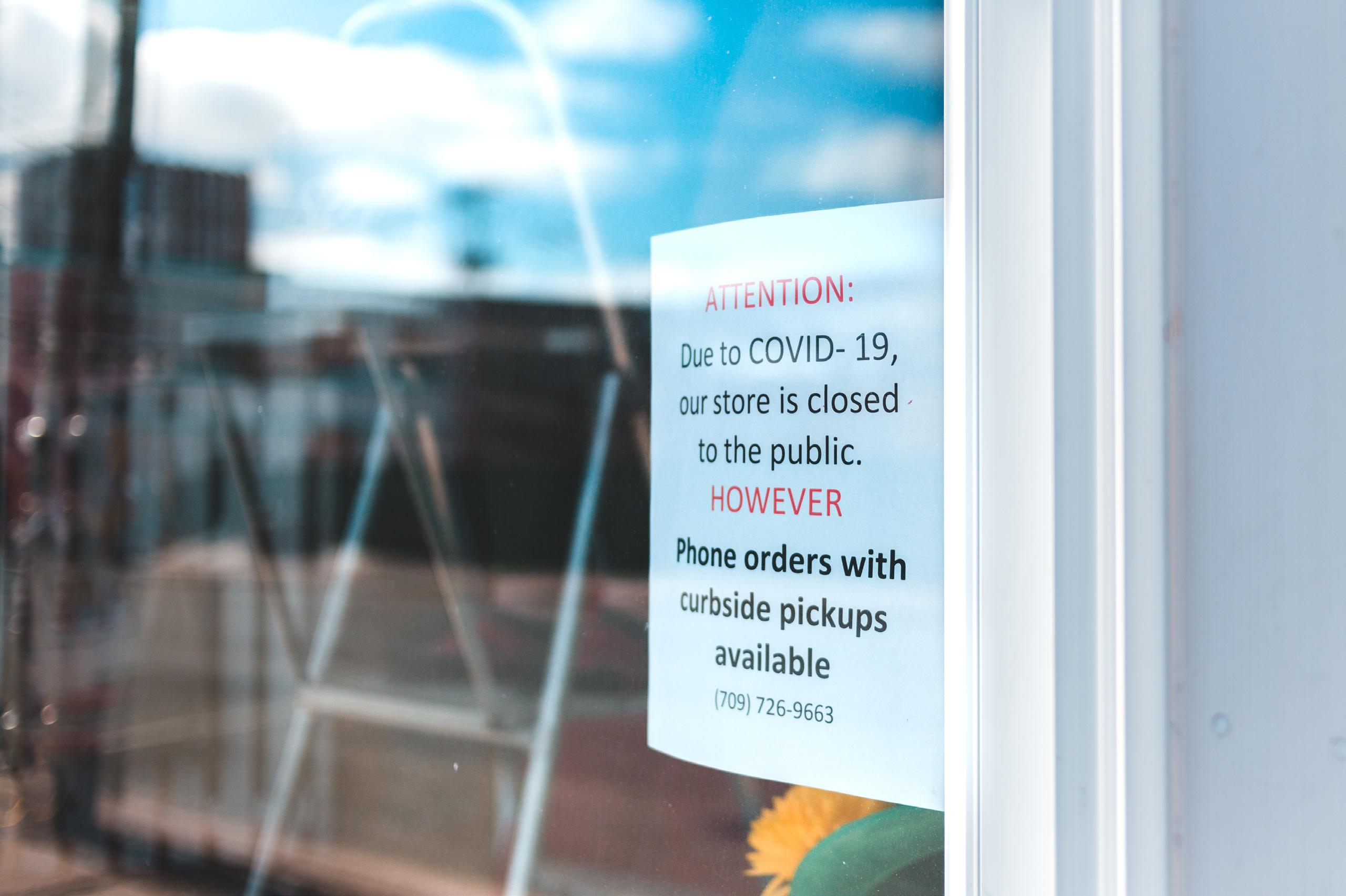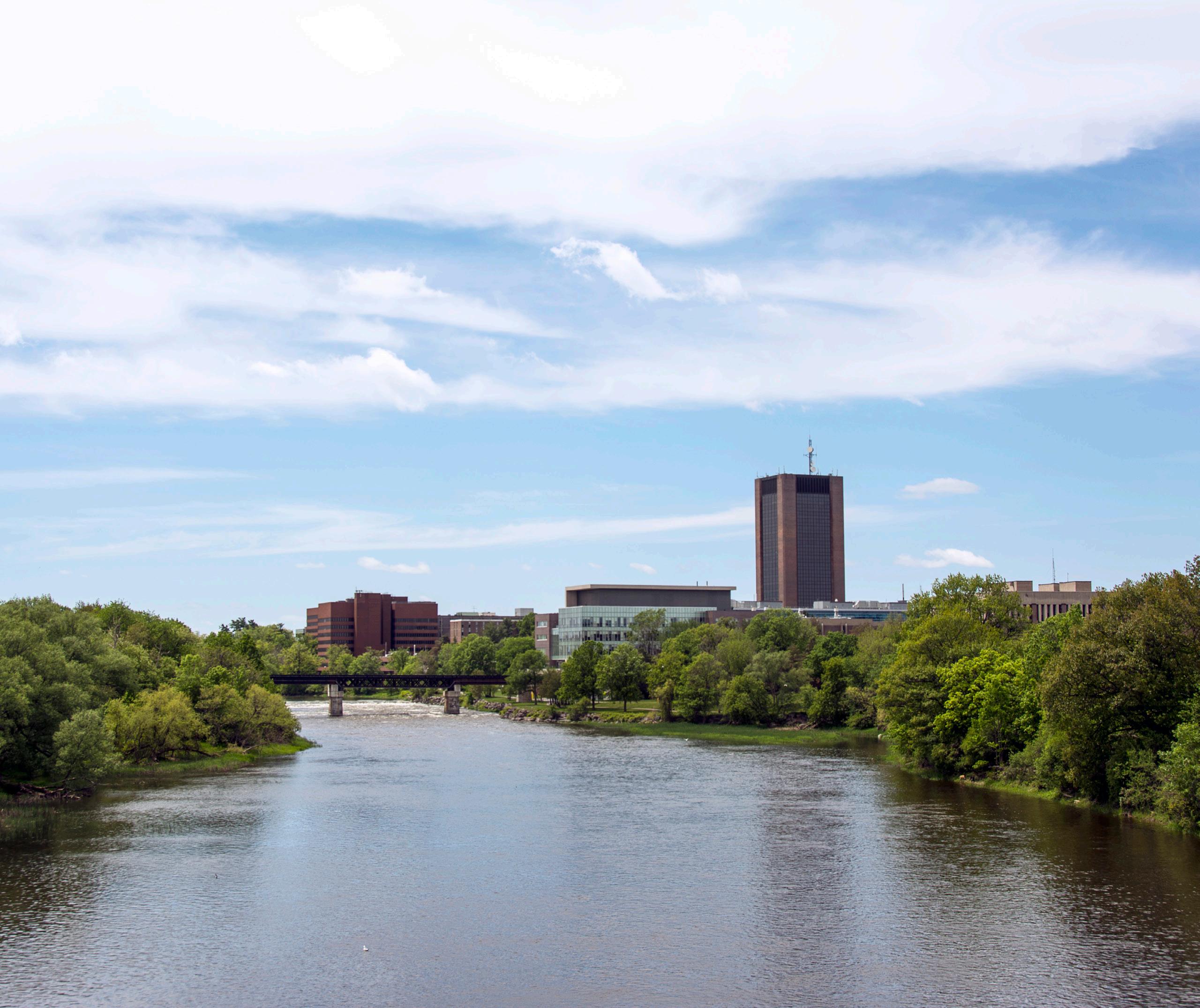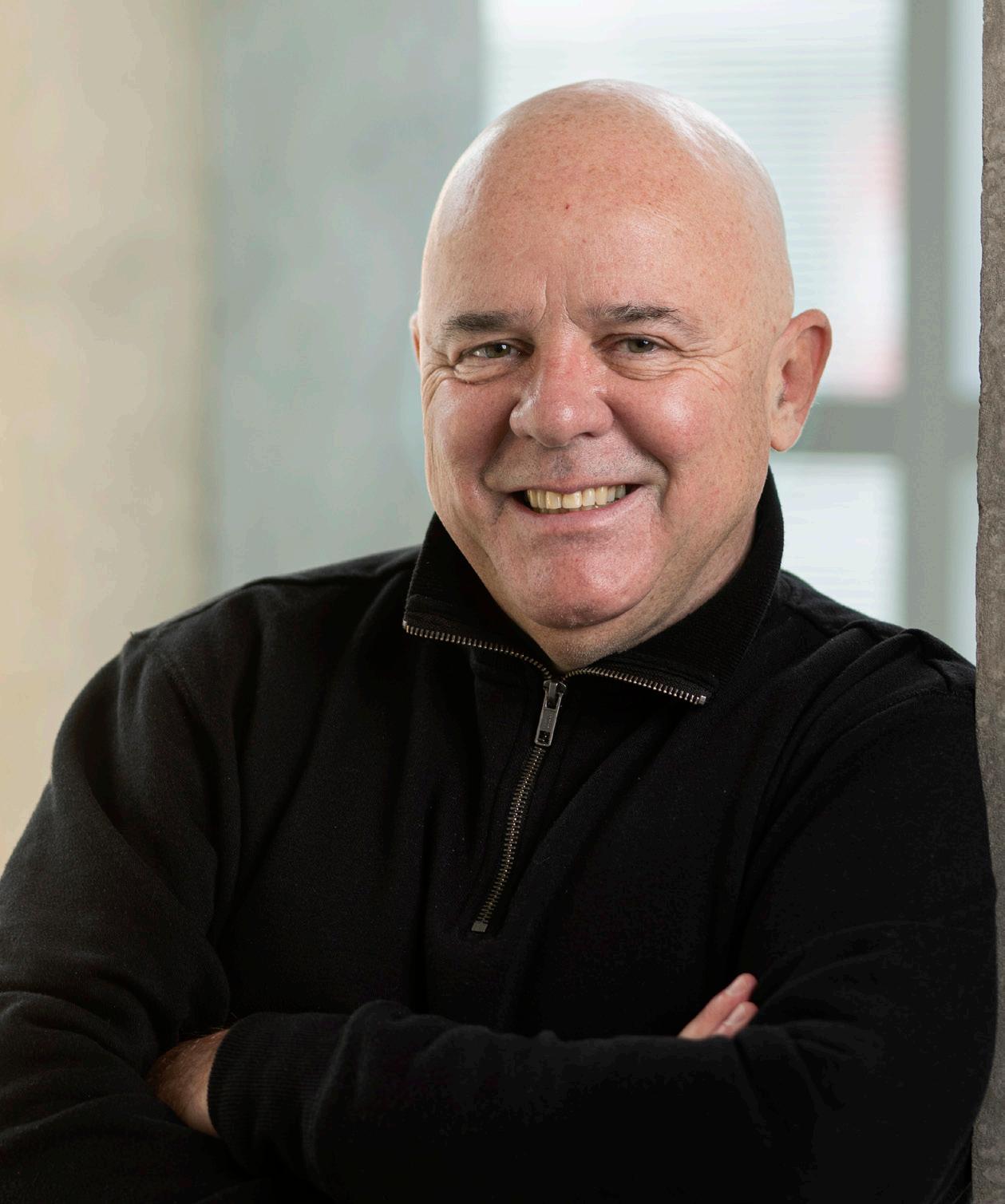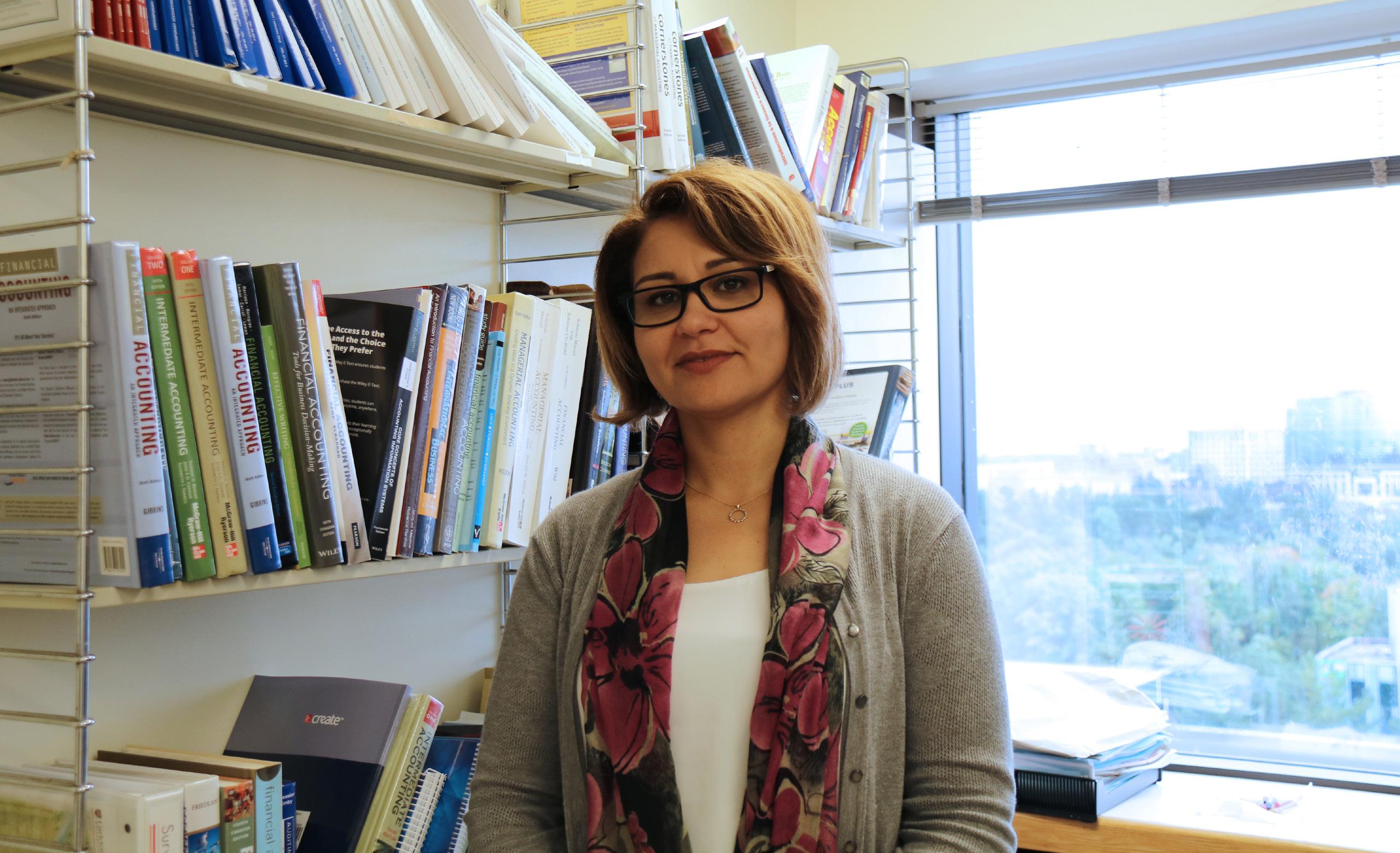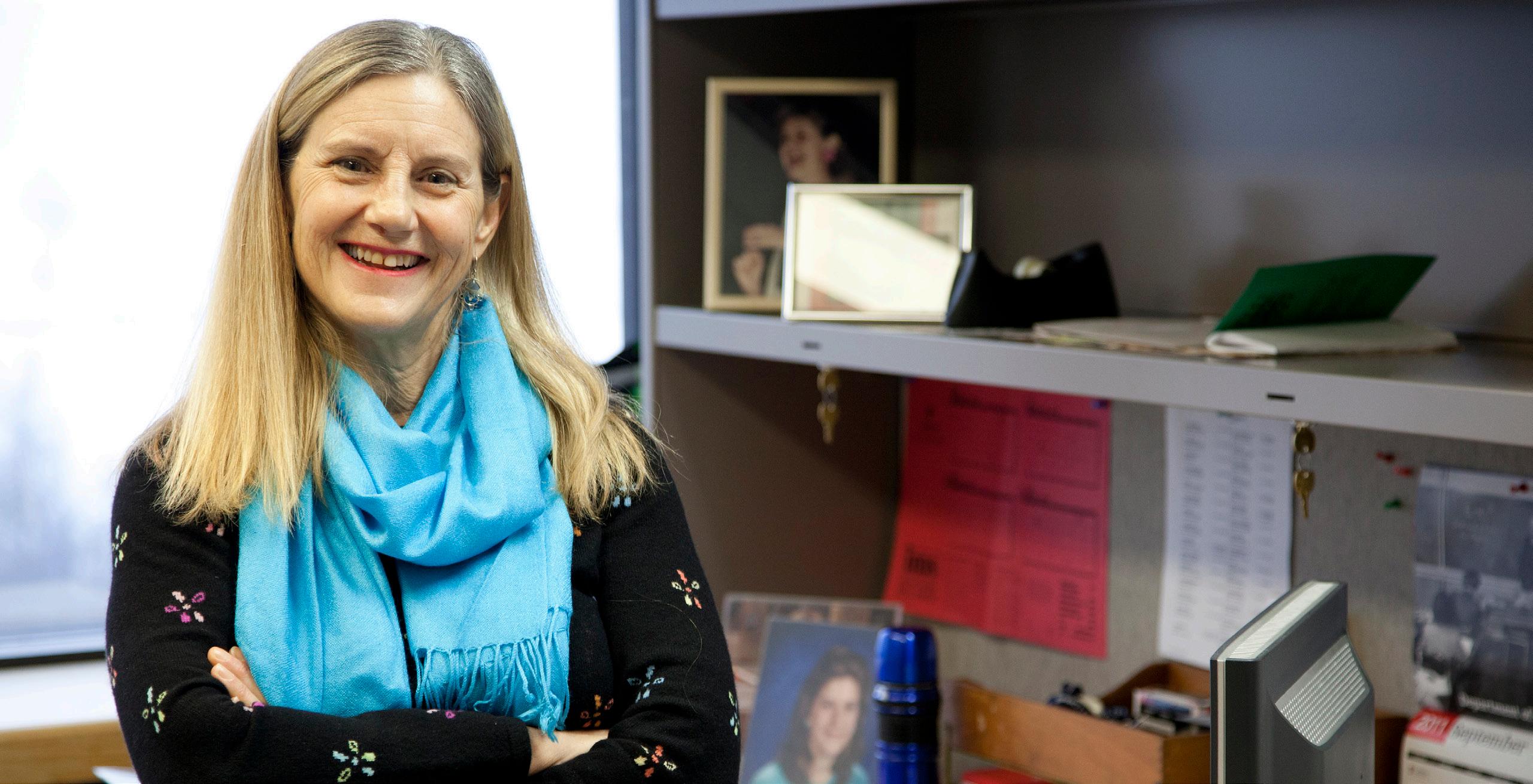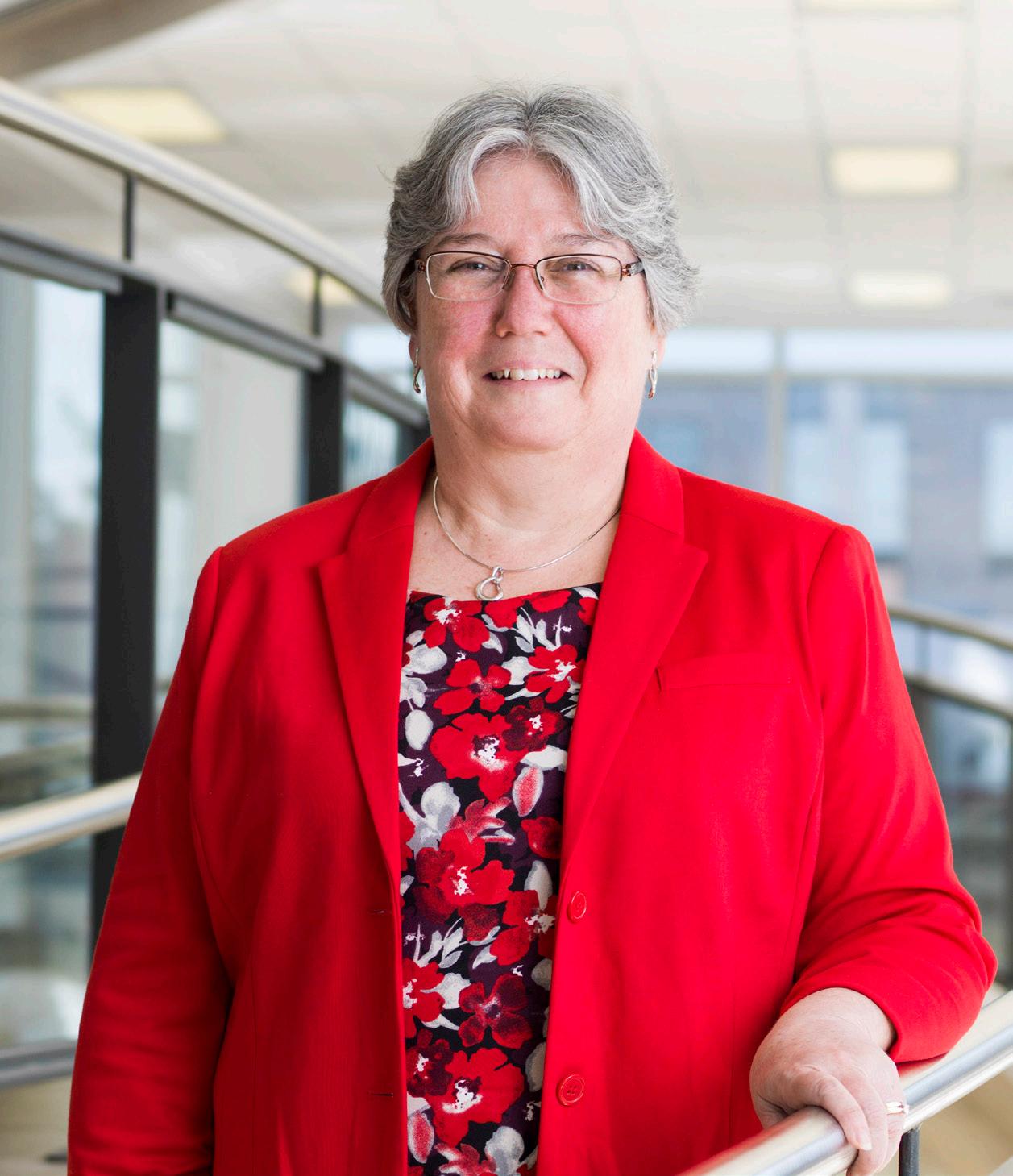Feature
Two-Eyed Seeing: Helping to Change World Views on the Way We Do Business Through Indigenous Values The Sprott School of Business has been fortunate to welcome Rick Colbourne as Assistant Professor, Indigenous Leadership and Management. And what’s extraordinary about Colbourne is not only his fascinating and eclectic background and experience, or the unique Indigenous research and teaching pedagogy he has brought to the School, but also that he is truly a passionate and humble person who is giving back to his roots, empowering Indigenous peoples around the world, and part of a movement that could change world views on the way we all do business
C
olbourne’s research program at Sprott includes a rich overlay of work looking at Indigenous entrepreneurship and economic development, Indigenous governance and leadership, hybrid ventures, entrepreneurial ecosystems, as well as Leadership Exchange programs. And he’s found a wonderful connection here at Sprott. Colbourne moved from Vancouver, British Columbia to Ottawa to be part of the Sprott School because he wanted to contribute back to Algonquin communities in Ontario and Quebec. He realized that Sprott was authentic in their passion and desire to act on reconciliation and build collaborative relationships with Indigenous peoples, communities, and organizations. The mutual goal is to promote the acceptance and legitimization of Indigenous philosophical and intellectual traditions, pedagogies, and co-generate Indigenous-led research that contributes to community selfdetermination and socioeconomic wellbeing. “This is completely new to Sprott and I saw a great opportunity to build Indigenous partnerships that would welcome Indigenous students into
Carleton University Sprott School of Business
Sprott and co-create Indigenous-led research programs for and by Indigenous communities.” With over 370 million Indigenous people worldwide, it is a sad reality that many Indigenous communities continue to experience unfavourable conditions, most notably access to quality education and restrictions to Western opportunities that have cultivated poverty and poor economic development. Colbourne’s research and work aims to change this reality. He wants to contribute to indigenization and reconciliation efforts that provoke universities to go beyond simple territorial acknowledgements or narrow ‘indigenization’ strategies and instead have them recognize and act on historical complicities in colonialism in Canada. Colbourne’s perspective is that Indigenous entrepreneurship is a process of extracting and contributing value that is anchored in a community’s socioeconomic condition. Indigenous entrepreneurship allows Indigenous peoples to exercise their rights to design, develop, and maintain culturally relevant political, economic, and social
RESEARCH REVIEW 2020 | 10




